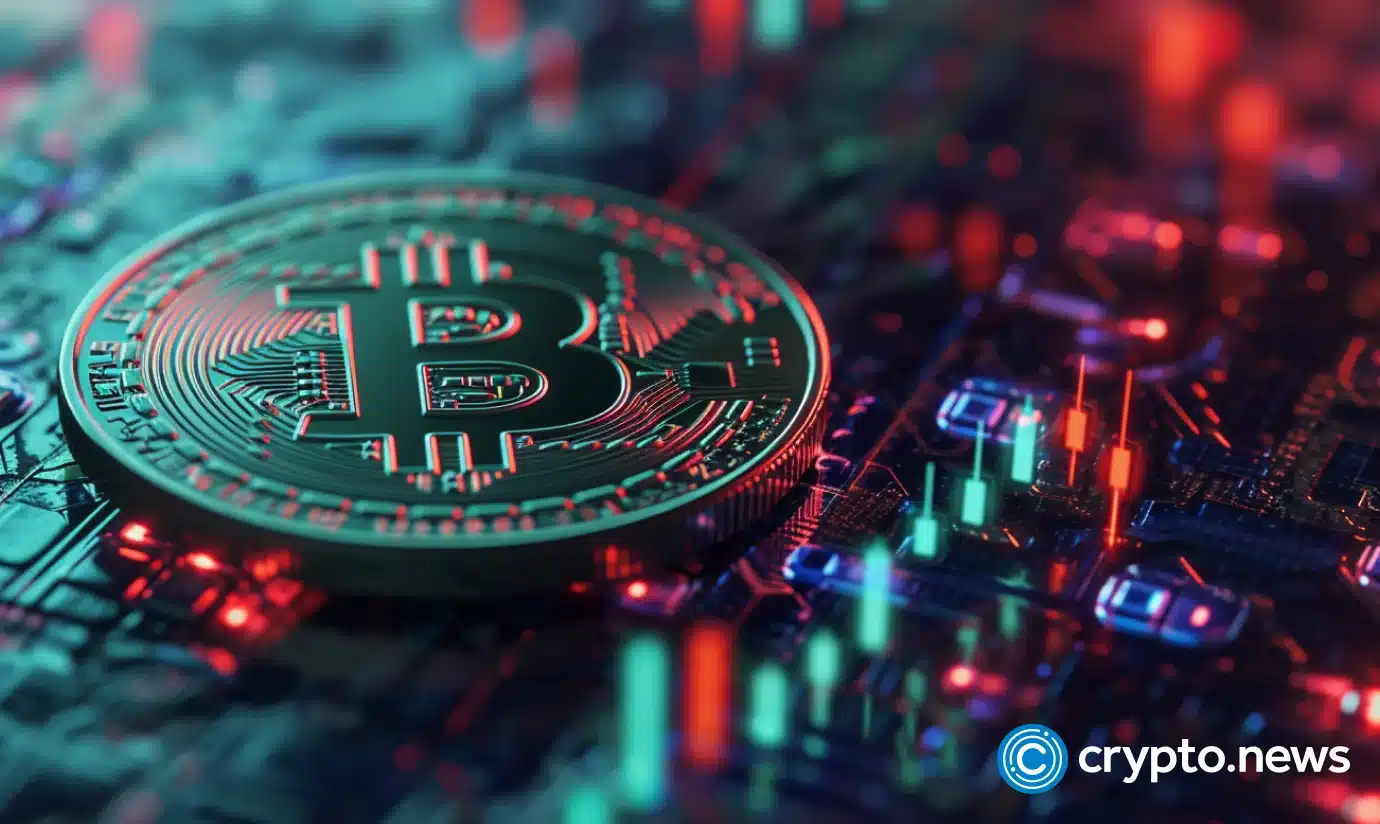Majority Doesn’t Support Proposed “Fix” to Prevent Serial Numbers and Inscriptions on the Bitcoin Network

[ad_1]
In a recent development that has roiled the Bitcoin community, developer Luke Dashjr’s proposal to resolve the congestion caused by Ordinals and BRC-20 tokens on the Bitcoin network has gained support, but also faced backlash.
As a result, Dashjr was unable to assembly There is ample support for a proposed “fix” to the Bitcoin code that would essentially end sequence numbers and inscriptions on the blockchain. Bitcoin developers are divided on the issue, and the decentralized nature of the blockchain will not allow any changes to the code to be made without a majority consensus.
Breaking News: Bitcoin developers reject cat eaters @LUKEDASHJR‘Bug fix’ for board serial numbers; says his attempt was ‘hopeless’ pic.twitter.com/Aeb8PivcUV
— Udi Wertheimer (@udiWertheimer) January 6, 2024
Core developer Ava Chow eventually ended the meeting, commenting that the PR was “controversial” and that the debate had reached a “deadlock.”
Ava Zhou said:
“In the current circumstances, PR has no hope of reaching a conclusion acceptable to everyone.”
“Scorrect mistakes”
Dashjr, a prominent figure in Bitcoin development, has proposed a “spam filtering” solution as part of the Taproot transaction aimed at blocking Ordinals and BRC-20 tokens, which Dashjr describes as a vulnerability mining attack in Bitcoin Core. loopholes.
Dashjr’s stance, while stemming from concerns about the integrity of the network, has sparked debate about the decentralized nature of Bitcoin’s governance. The proposed fix to be implemented in Bitcoin Knots v25.1 (a derivative of Bitcoin Core maintained by Dashjr) has been deprecated in the upcoming Bitcoin Core v26 version, with hopes that it will be included in next year’s v27 version.
Dashjr’s bold statement that “Cardinals never existed to begin with. It was all a hoax” fueled the controversy.
debate
The debate over whether sequence numbers are a positive or negative force for the Bitcoin ecosystem continues to rage within the Bitcoin community.
Supporters, including Michael Saylor, see the inscription and serial number as innovations that have reignited interest in Bitcoin. Supporters say there’s a market need for serial numbers and inscriptions because rising fees indicate a clear need for them.
Supporters see Ordinals as the perfect way to beta test the Bitcoin blockchain for widespread adoption. They also emphasized that these coins create new revenue streams for miners and will continue to be profitable long after the last Bitcoin is mined.
Critics, meanwhile, see Ordinals as an attack on Bitcoin that could damage its credibility as “digital gold.” They believe these coins create unnecessary spam and congestion on the blockchain and should not be associated with Bitcoin.
Developer Jimmy Song recently called Ordinals a new pump and dump altcoin scam. Jimmy Song said investors have recognized the differences between Bitcoin and all other cryptocurrencies, which makes it difficult for scammers to create honeypots* on other chains. Song claims that scammers are now using Bitcoin’s reputation and image to lure investors into buying new scam coins like Ordinals.
*A honeypot is a smart contract that once funds are deposited into the wallet, no one is allowed to withdraw the funds except the contract creator, meaning that even if a user realizes they have been scammed, there is nothing they can do.
Join Bitcoin Magazine on Telegram: https://t.me/tapchibitcoinvn
Follow on Twitter (X): https://twitter.com/tapchibtc_io
Follow Douyin: https://www.tiktok.com/@tapchibitcoin
Mingying
According to Cryptoslate




